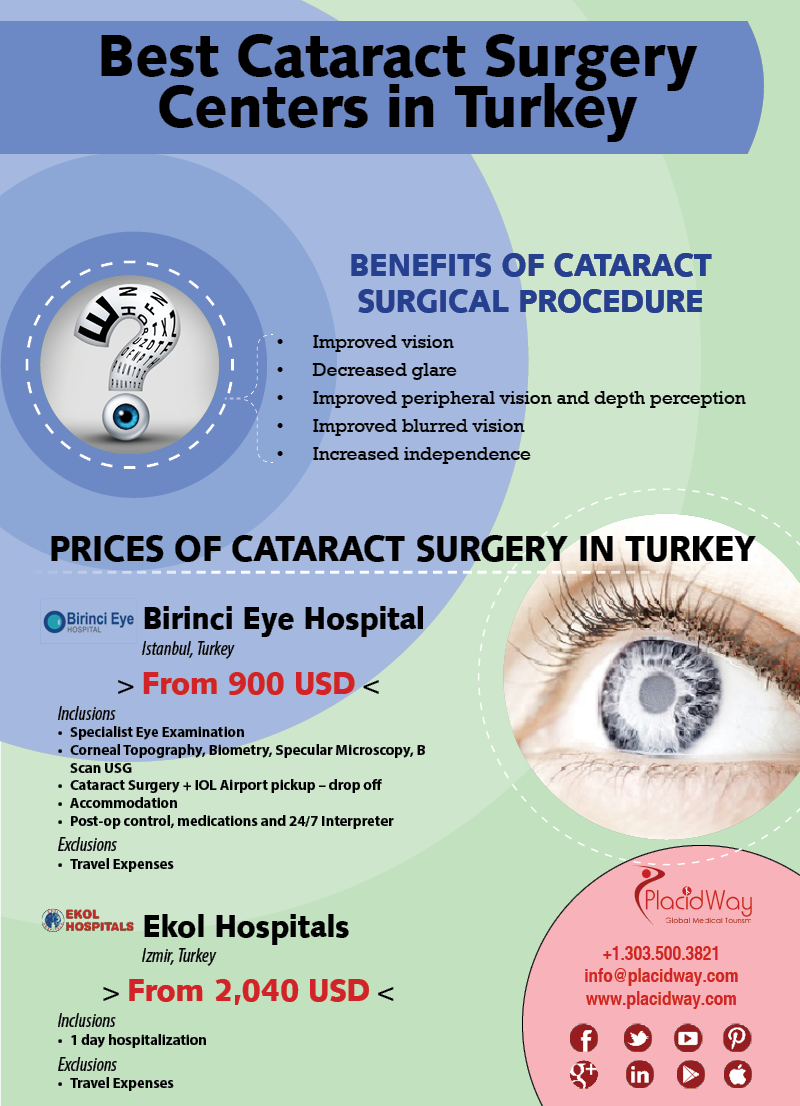Write-Up Developed By-Hopkins Dean
Have you ever considered Refractive Lens Exchange (RLE) as an alternative for vision modification? While it isn't as extensively discussed as LASIK, RLE could be a game-changer for your eyesight. Many individuals forget its benefits, believing traditional techniques are their only choice. Yet what are the real benefits, and what might your eye doctor not be telling you about this procedure? Allow's explore the ins and outs of RLE with each other.
Recognizing Refractive Lens Exchange: The Fundamentals
Refractive lens exchange (RLE) is a surgical procedure that can dramatically boost your vision, specifically if you're managing presbyopia or severe refractive mistakes.
Throughout RLE, your eye surgeon removes your eye's natural lens and replaces it with a man-made one customized to your vision needs. This procedure can fix nearsightedness, farsightedness, and astigmatism, offering you clearer vision without relying upon glasses or call lenses.
The surgery is usually fast, taking less than an hour, and most clients experience very little discomfort. Healing is reasonably quick, enabling you to go back to your daily activities shortly after.
If you're taking into consideration RLE, consulting with your ophthalmologist can assist you establish if it's the best choice for you.
Key Differences In Between RLE and Traditional Cataract Surgical Treatment
While both refractive lens exchange (RLE) and conventional cataract surgical procedure involve changing the eye's natural lens, their primary goals and patient profiles vary dramatically.
RLE is targeted at people seeking to minimize their dependancy on glasses or get in touch with lenses because of refractive mistakes, frequently prior to cataracts develop. In Lasik M D , standard cataract surgery commonly targets clients that've developed cataracts, which cloud the lens and harm vision.
The lenses used in RLE can offer a more comprehensive range of vision correction, while common cataract surgery typically includes standard monofocal lenses.
Additionally, RLE prospects are usually more youthful and in excellent overall health and wellness, whereas cataract people might be older and have other wellness concerns.
Picking the right procedure relies on your specific vision demands and circumstances.
Possible Advantages and Factors To Consider of RLE
If you're taking into consideration refractive lens exchange (RLE), you'll locate several potential advantages that may enhance your lifestyle.
RLE can offer you with more clear vision, reducing or getting rid of the requirement for glasses or contact lenses. It uses an opportunity to resolve presbyopia and other refractive mistakes concurrently, frequently improving your overall visual acuity.
In addition, RLE can be a fantastic option if you're not an ideal candidate for LASIK. Nevertheless, it's important to evaluate the considerations, like the price, possible dangers, and the recovery duration.
Reviewing your details needs with your optometrist can help you make an informed decision, ensuring you choose the best course for your vision improvement.
Verdict
Finally, refractive lens exchange supplies a distinct remedy for vision improvement that exceeds what LASIK can give. It's vital to weigh the advantages versus possible threats and expenses prior to deciding. Don't think twice to ask your eye doctor the hard inquiries to guarantee you fully recognize the procedure and its effects for your vision. With the ideal details, you can with confidence choose the best choice for your eyes and way of living.

